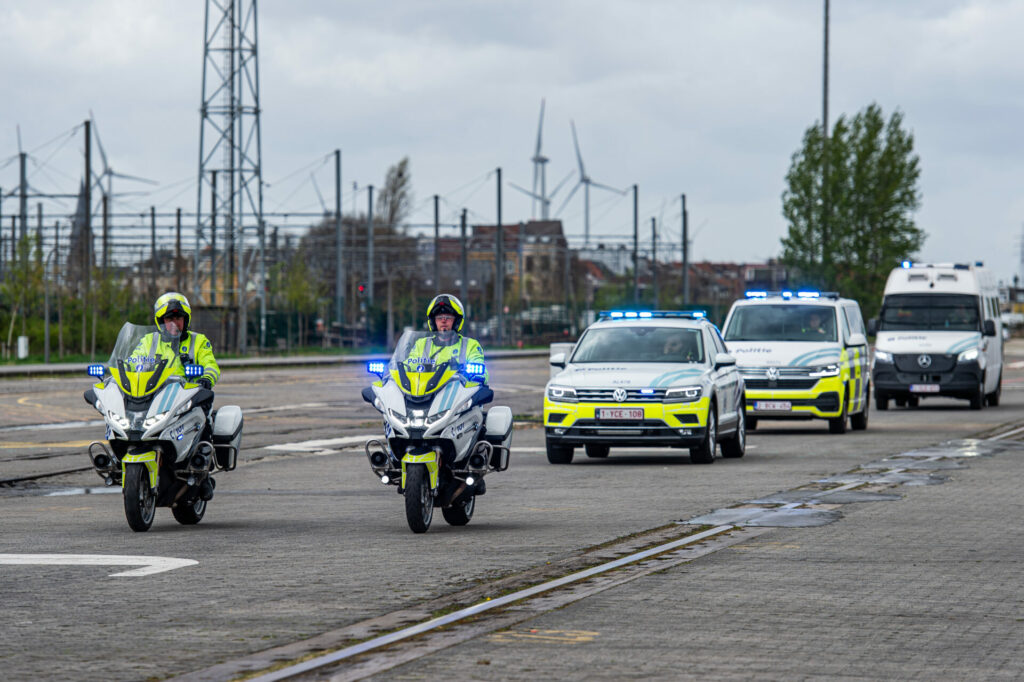In a meeting of the National Security Council (NSC) on Thursday, plans to combat organised crime at a national level were discussed. These will involve coordinating between ministers of justice and forces of law and order.
This summer, Antwerp was rocked by a resurgence of violence linked to drug trafficking. The mayor of Antwerp, Bart De Wever, was repeatedly criticised by his political opponents for the "war on drugs" he has been waging since 2012 and which doesn't seem to be working.
At the end of August, he called on Prime Minister Alexander de Croo to organise a meeting of the NSC. Other members of De Wever's right-wing party had urged immediate and severe measures to bring the situation under control, notably deploying the army to tackle the issue.
Interior Minister Annelies Verlinden had previously stated that an NSC was "not the solution" and denied that the Federal Government had been slow to react to the issue. Verlinden called attention to meetings with the fourteen mayors of Belgium's major cities and crime-prone neighbourhoods (including Antwerp, Bruges, Brussels, Charleroi, Liège, Molenbeek and Schaerbeek).
More police and magistrates
In addition to bolstering the power of municipalities (made possible by more robust laws approved by ministers on 9 September), extra resources have been provided at all levels.
To this end, police forces will receive an additional €310 million. This considerable boost in funding will benefit federal and local police forces and will facilitate international cooperation to tackle crime at the European level. As far as new technologies are concerned, €79 million has been allocated via the recovery plan to finance the I-Police project and almost €20 million is earmarked to boost digitisation.
Related News
- 'Do we really think we can solve this at a local level?': Federal crime summit meets today
- War on drugs: Local authorities given more power to fight organised crime
Funds will also go to the judiciary to augment human and financial resources. The 2023 budget will include funds for three additional prosecutors. For the Federal Judicial Police (PJF), 211 new investigators have been recruited and 195 more detectives will be hired.
Investigations into the financial flows behind criminal organisations will also be a priority.
Strengthening aid and care
The fight against organised crime also requires more customs controls, especially at the port of Antwerp which is a European hub for narcotics smuggling. The Federal Government hopes to achieve a 100% inspection rate for containers in the port of Antwerp. To make this possible, €70 million has been budgeted to hire 108 additional customs officers.
Yet the federal plan seeks not only to repress crime but also to prevent it. Several measures will be taken to "help" drug users, such as reinforcing psychiatric care. Finally, the Interfederal Working Group on Drugs will be charged with developing a new Interfederal Drug Strategy.
"More than ever, the fight against organised crime is a collective one. On this basis we want to boost cooperation between the different levels of law enforcement and make even better use of the multidisciplinary approach of the federal services," stressed Alexander De Croo.

